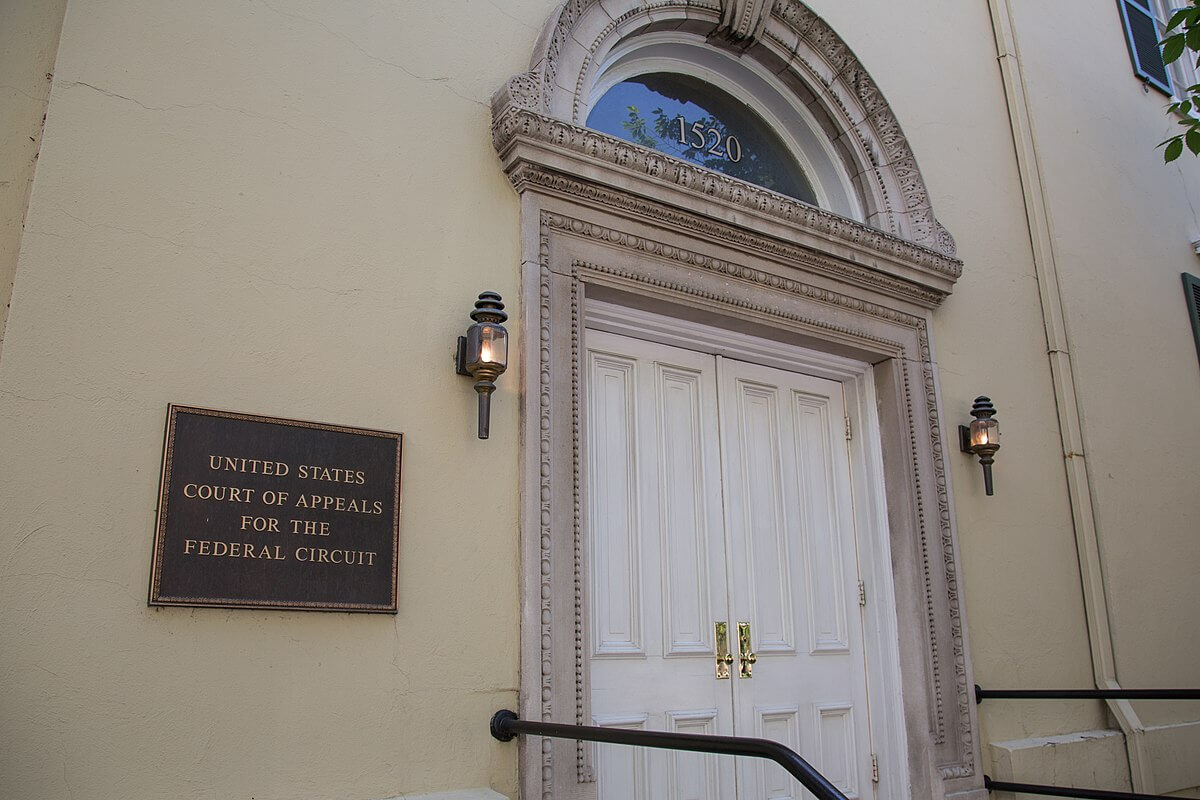Reader Response on State Secrets and Standing
In response to my call the other day for readers to poke holes in what seems to me an interesting state secrets argument, Peter Margulies wrote in with the following (I have edited his note slightly to get rid of abbreviations and shorthand):
While I think the goverment is right on the ultimate merits question regarding the power to target Al Aulaqi, litigating standing does not necessarily require exposure of state secrets. First, the government might be able to muster sufficient evidence through entirely public sources.
In response to my call the other day for readers to poke holes in what seems to me an interesting state secrets argument, Peter Margulies wrote in with the following (I have edited his note slightly to get rid of abbreviations and shorthand):
While I think the goverment is right on the ultimate merits question regarding the power to target Al Aulaqi, litigating standing does not necessarily require exposure of state secrets. First, the government might be able to muster sufficient evidence through entirely public sources. Arguably, the court should require the government to try this before it considers invocation of the privilege as a substantive defense. Second, in some of the cases, including Jeppesen, the courts have examined evidence in camera before deciding whether the government could invoke the doctrine. Courts could do this more frequently, since the doctrine is judge-made, just as evidentiary privileges such as attorney-client privilege have common law origins. Indeed, courts could alter the procedures for invoking and litigating the privilege by appointing stand-by counsel, as Bobby mentioned in a recent post. Finally, courts could assume that a plaintiff's allegations are true, as we do in the context of motions to dismiss for failure to state a claim or in lawsuits challenging the constitutionality of statutes (like the material support statute) on vaguness and First Amendment grounds. When proof of the concrete harm required to establish standing turns on the same issue as the ultimate merits in the case, courts will often assume for standing purposes that the plaintiff's claims are true. Consider an eminent domain case in which a property owner argues that the government is trying to take his property without adequate compensation. The property owner will win only if the compensation is in fact inadequate, but to establish standing the plaintiff need only allege that this is so. For these reasons, litigating the standing issue in Aulaqi's case need not entail exposure of state secrets.Peter makes some good points here, but I'm not sure they entirely answer the problem. As for his first point, there is no earthly way the government could establish, using public evidence alone, that killing Al Aulaqi is necessary “as a last resort to protect against concrete, specific and imminent threats of serious physical injury.” To establish this, after all, the government would have to disclose what its first, second, third, and fourth resorts had been and how it knows that, absent its last resort, the result will likely be a concrete and imminent threat. None of this information is public, and all of it is presumably legitimately secret. I don't remotely resist Peter's second point, that the court could examine material in camera to determine whether the state secrets invocation is appropriate. Indeed, I assume and hope the court will do just that. The government, after all, does not simply announce that there are state secrets at issue and therefore the case is over. It generally provides the court with a fairly in-depth account of the secrets at issue--sufficient in Jeppesen, for example, for the Ninth Circuit affirmatively to find that the secrets were legitimate and not meant to cover up embarrassment or illegality. But the fact that such review is possible does not resolve the question. It merely describes a process for resolving the question. The question is whether the plaintiff here can ultimately predicate his standing on highly-secret facts he would have to compel the government to disclose in order to establish. Peter's process, if my original correspondent's state-secret-and-standing theory is correct, might be a reasonable way to evaluate the state secrets claim, but the plaintiff's standing might still then ultimately fail because he can't prove the requisite facts to support it. Peter's third point is to my mind his strongest. He may be right that this particular iteration of the standing inquiry so merges with the ultimate merits inquiry that the two can't be disentangled. The trouble is that I'm not entirely sure which direction that would cut. Let's say, for example, that the court eventually says, with Peter, that it will assume the facts in the complaint true for purposes of the standing inquiry and move on to consider the merits. The same factual deficiencies that create the standing problem would then also create a huge merits problem for the plaintiff. That is, without recourse to the most legitimate sort of state secrets, Al Aulaqi cannot establish that he is in the category of targets he claims is illegal and not in the category he acknowledges to be legitimate. He can allege it. He can cite suggestive public facts that may imply it. But he cannot prove it, as will ultimately be his burden to do (either at the standing stage or the merits stage) without facts that, if the privilege means anything, it surely means that the government cannot be compelled to disclose. Let me be clear: I do not believe this case should or will be resolved on the basis of the privilege. Both Al Aulaqi's father's lack of standing to sue on his behalf, and the political question doctrine independently provide what should be non-controversial grounds for resolution of the case. That said, I don't think the government's very grudging privilege invocation here is outrageous at all.
Benjamin Wittes is editor in chief of Lawfare and a Senior Fellow in Governance Studies at the Brookings Institution. He is the author of several books.





